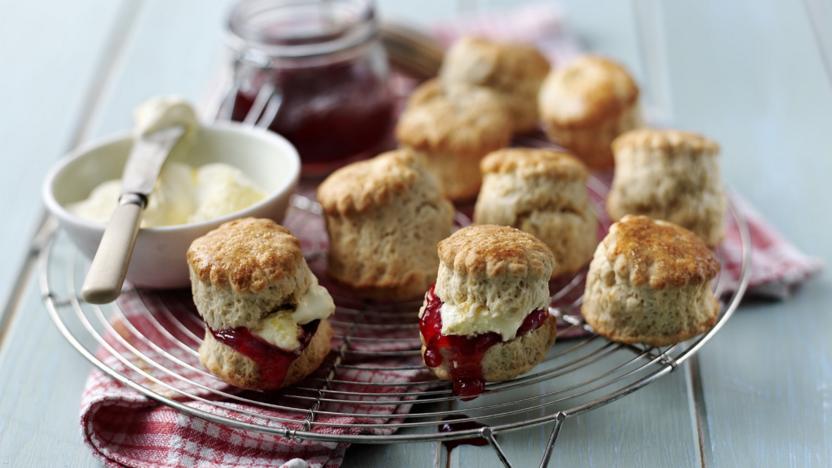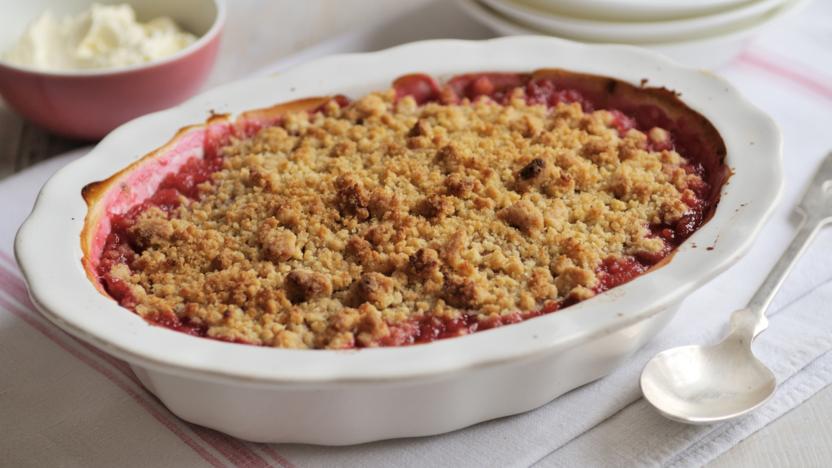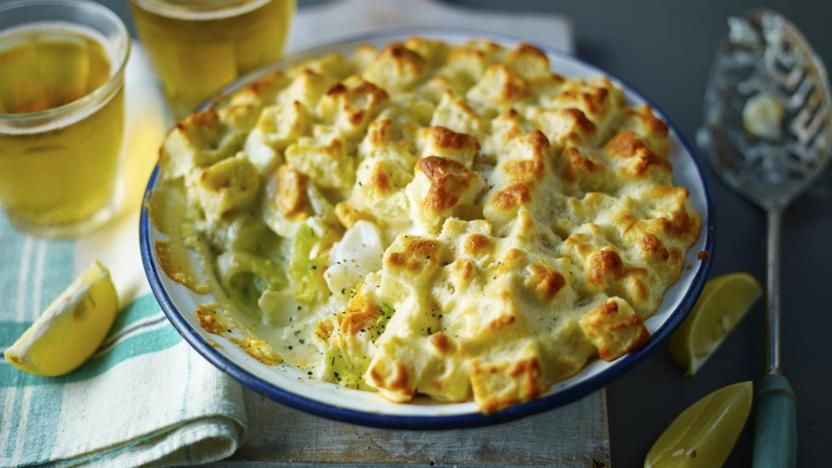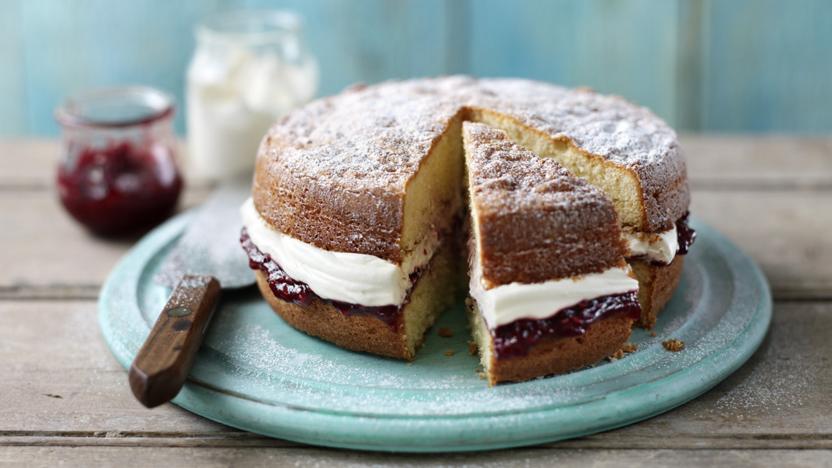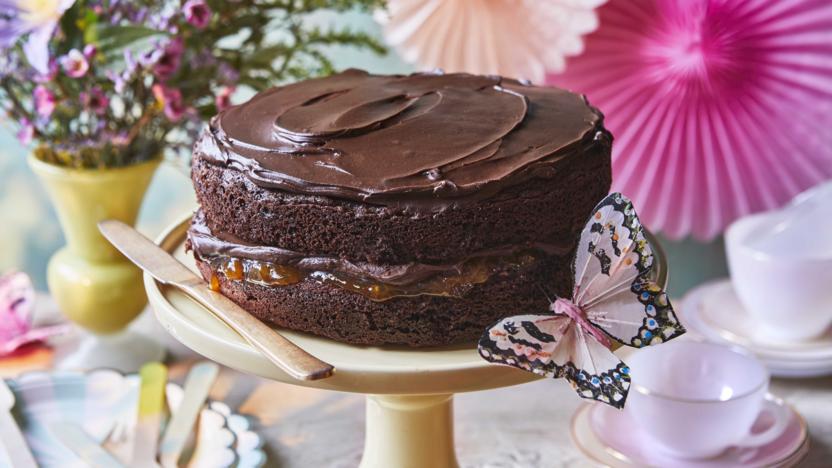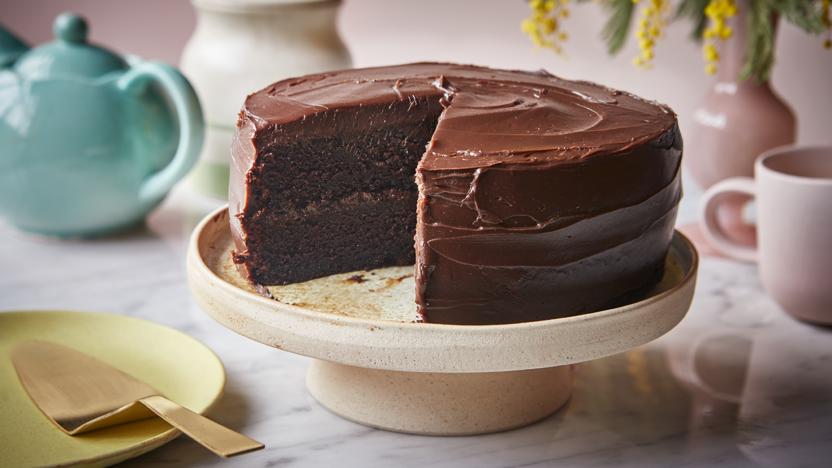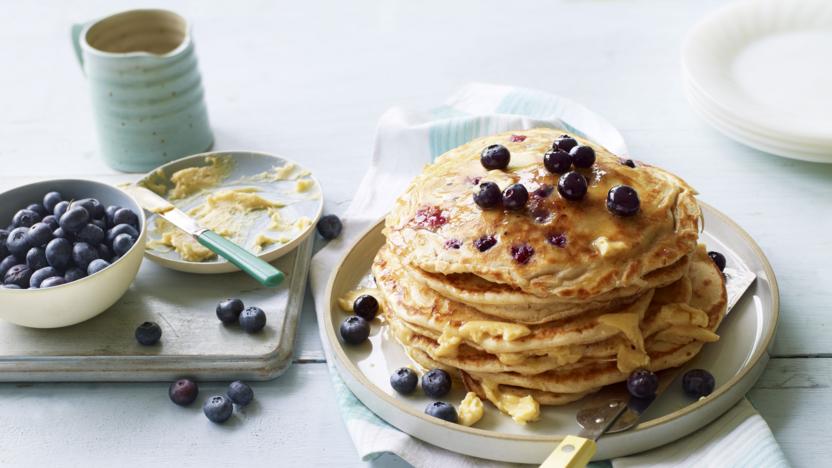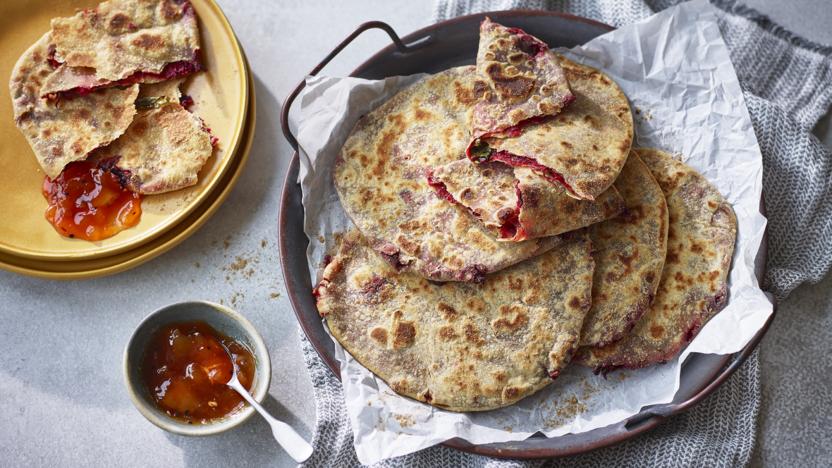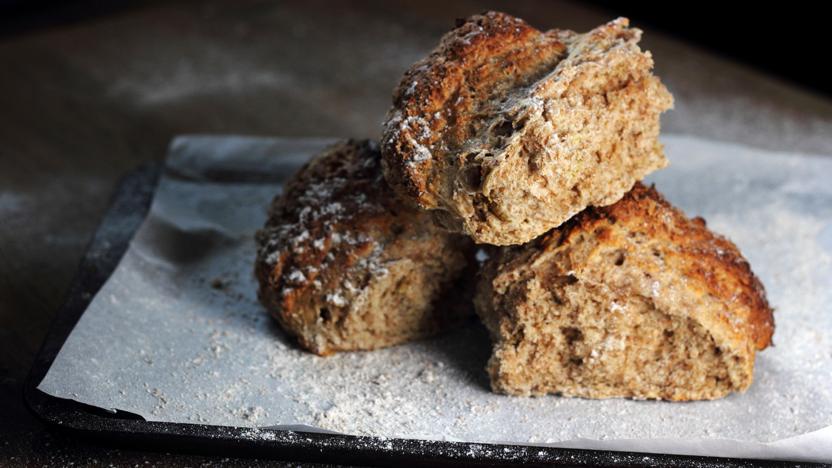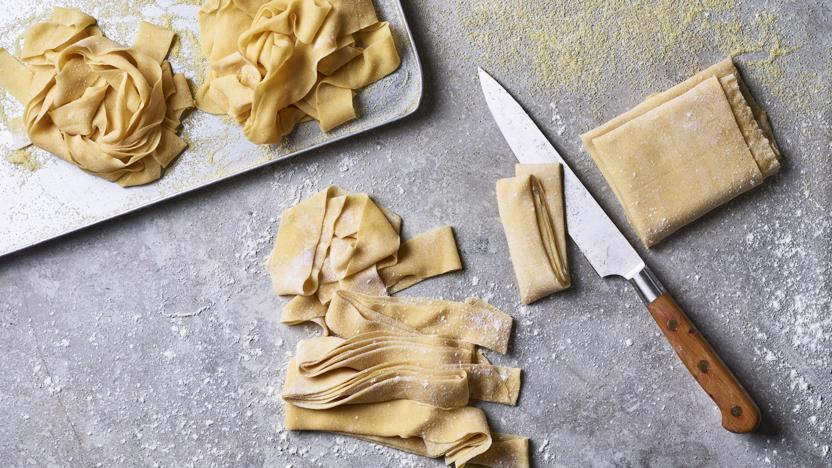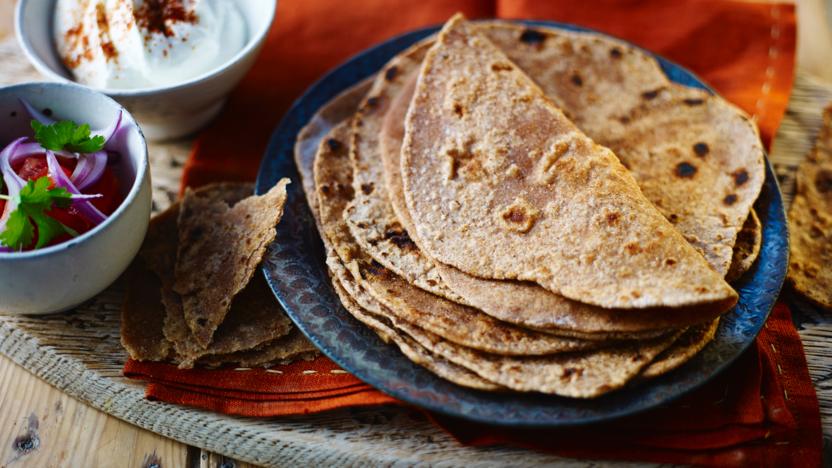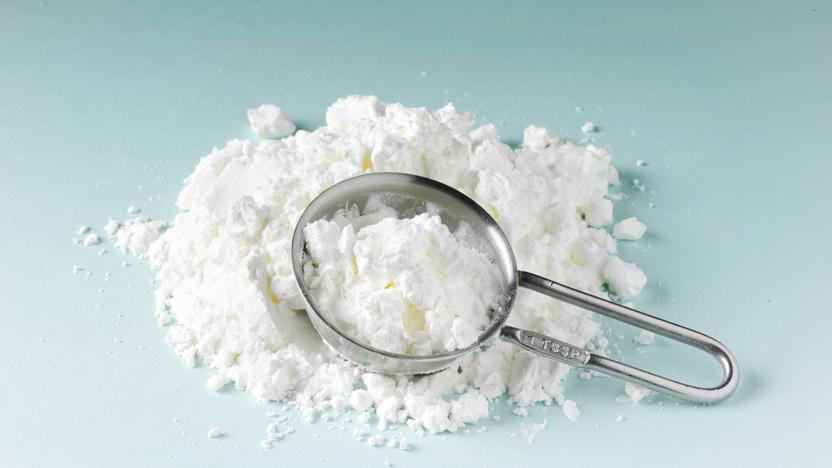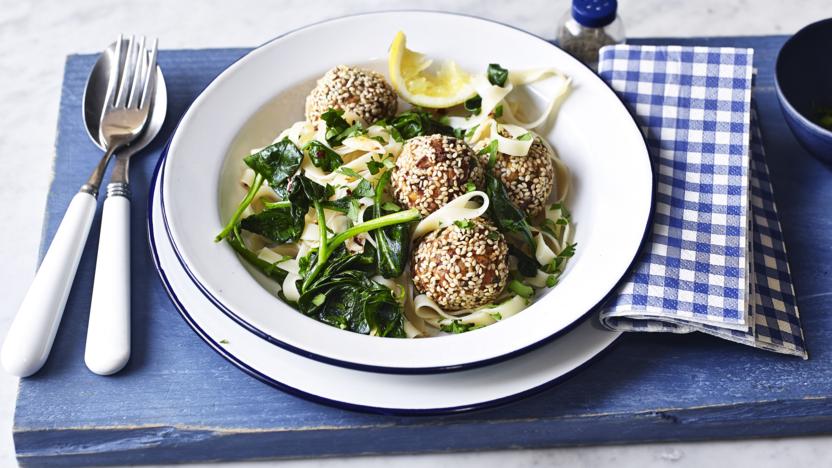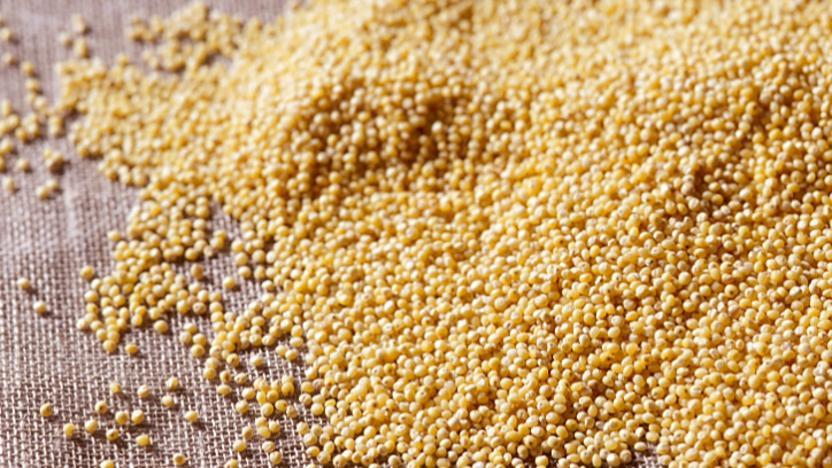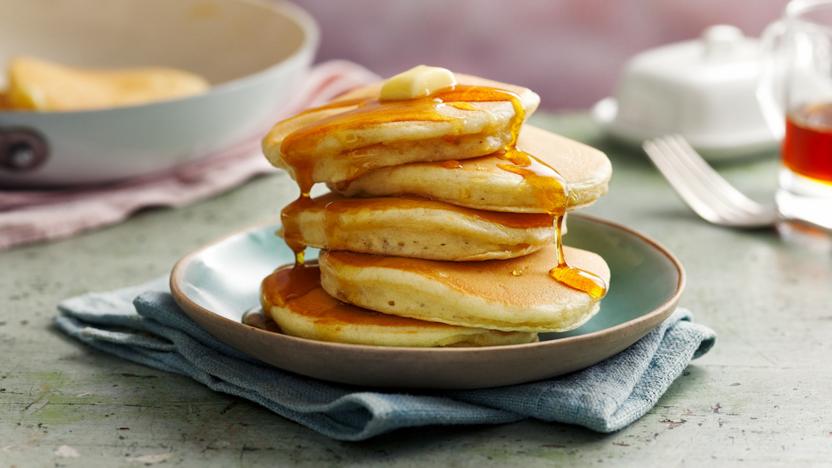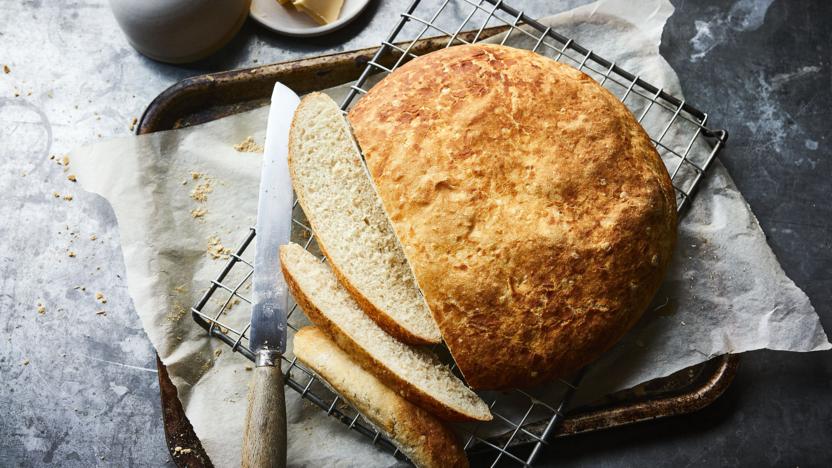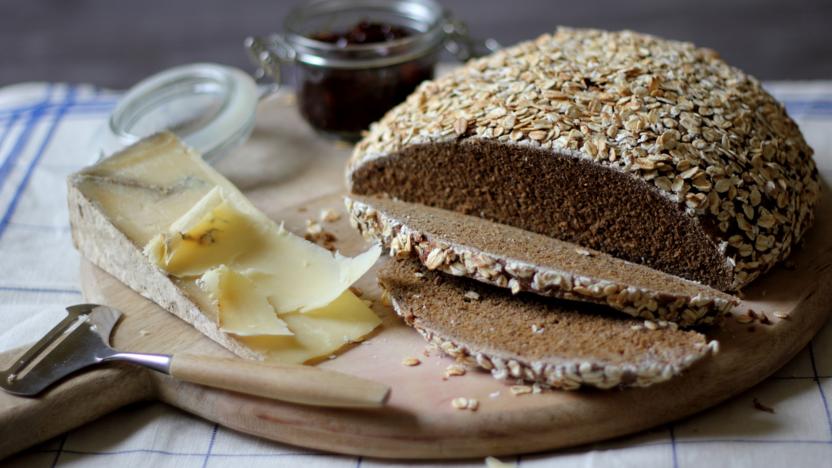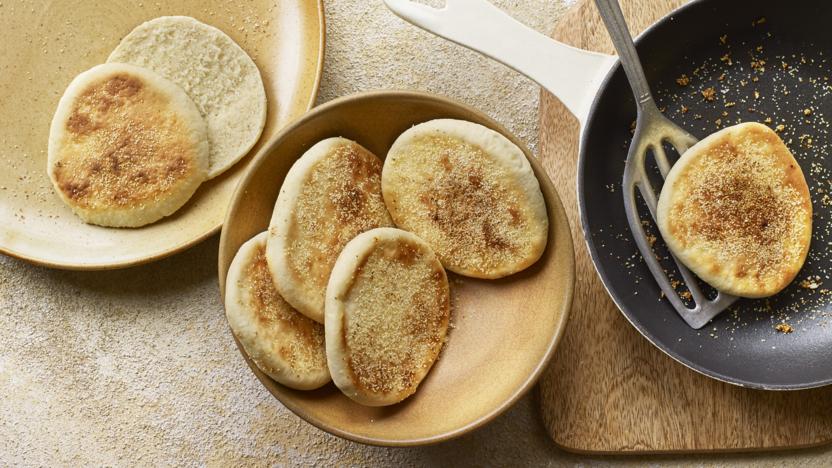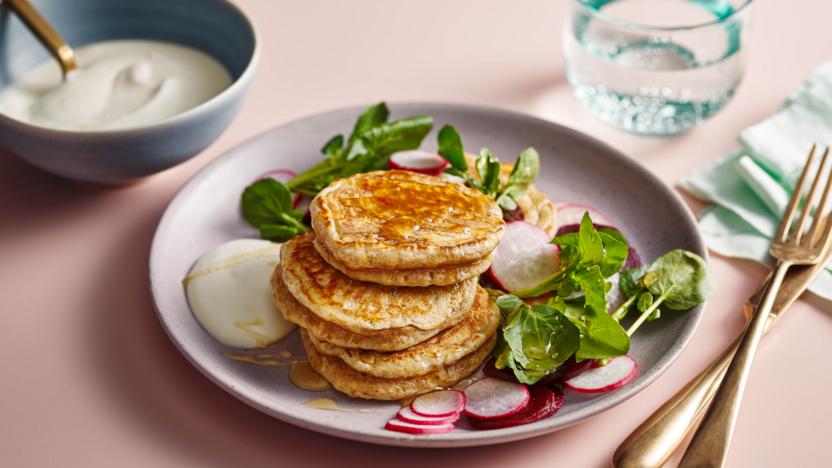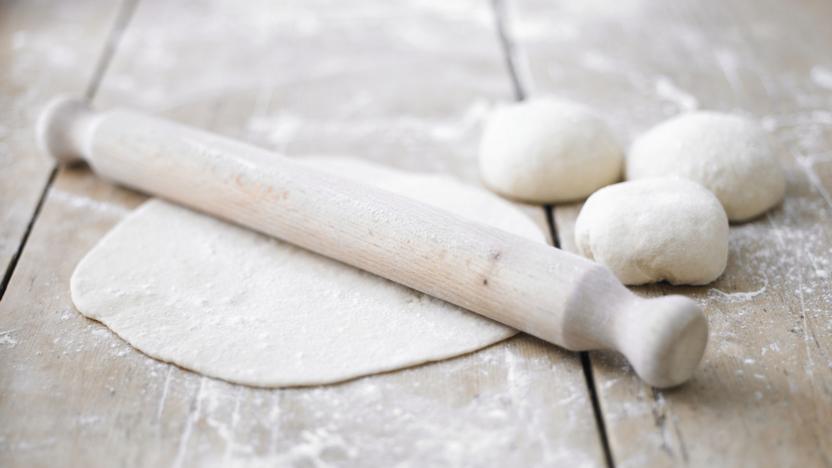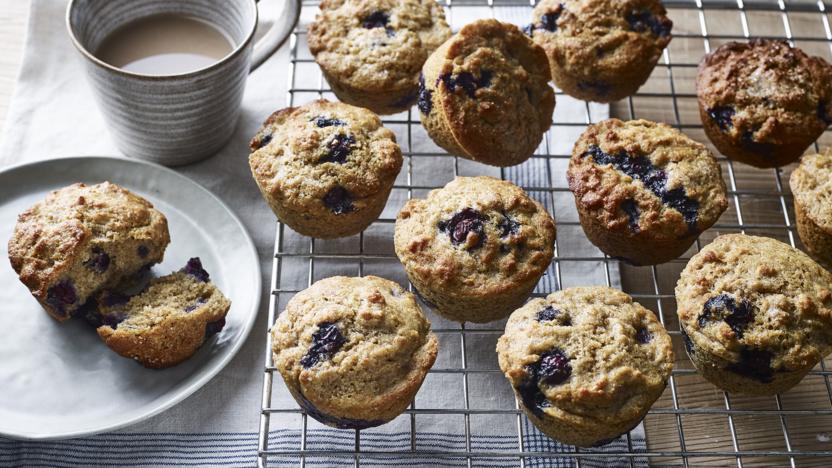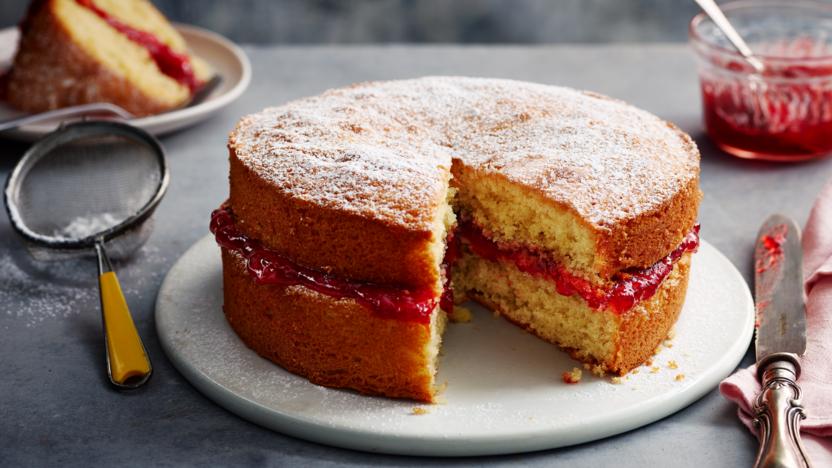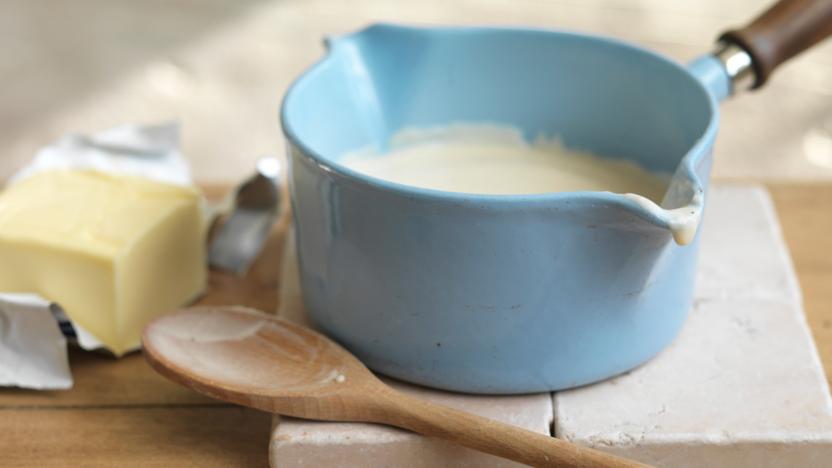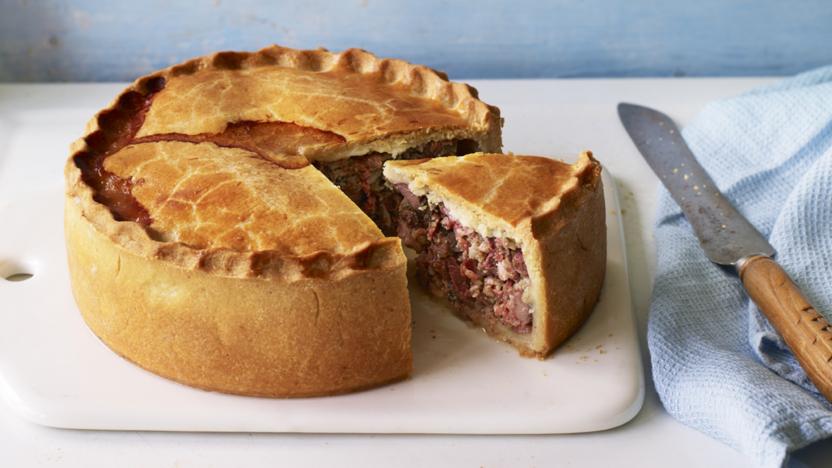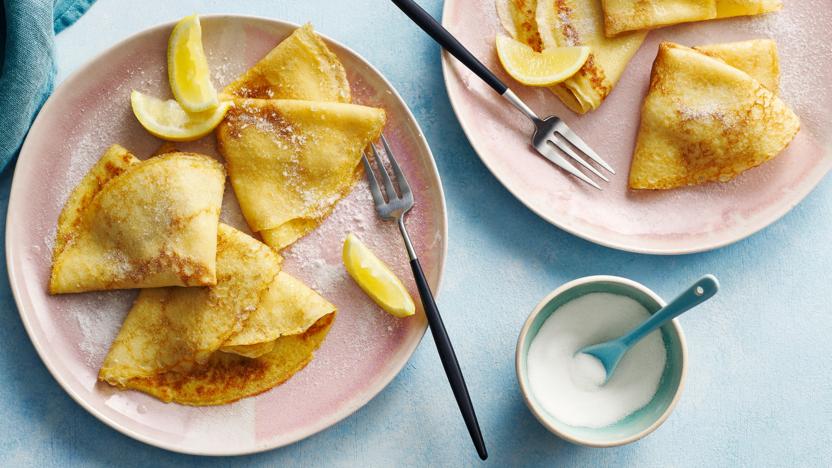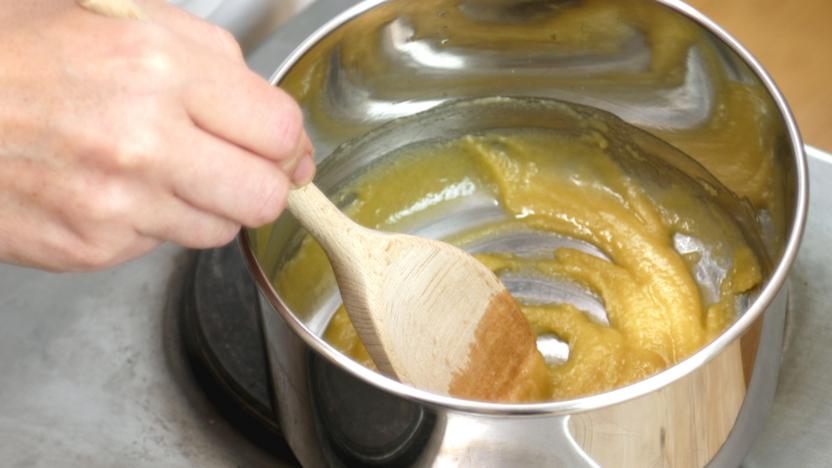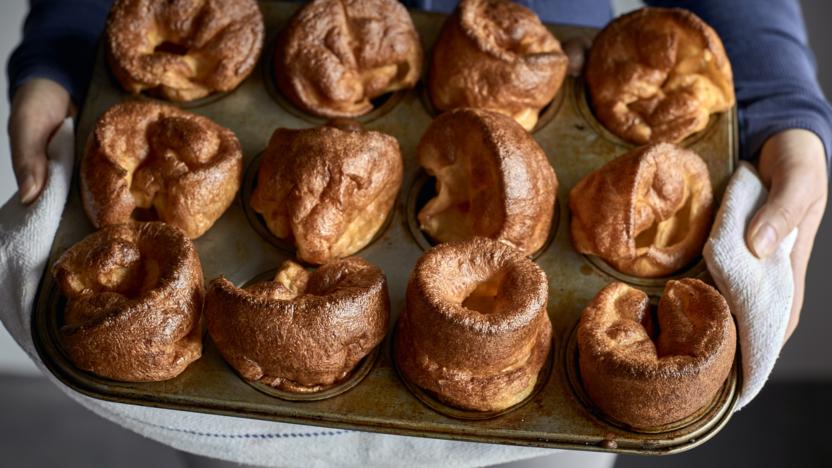Flour recipes
Flour is the finely milled meal of cereal grains. The term mostly used to refer to wheat flour. However, nuts such as chestnuts, root vegetables like potatoes, seeds such as buckwheat, and pulses such as chickpeas can also be made into flour. Wheat flour is a staple of European, North American, Middle Eastern, African and South Asian cuisines. It’s graded according to whether it is made from hard wheat, soft wheat, or a mixture of the two; and whether the grain’s bran and germ are removed or left in. It is normally used in dishes where raising agents are not required.
Wheat flour, and flours made from other grains such as rye and barley, contain gluten (a protein). Gluten gives dough its elasticity, leavening qualities and chewiness. Coeliacs, and those intolerant to gluten, should look for non-wheat, gluten-free flours.
Buyer's guide
As the process of contemporary flour-making often affects its taste and nutritional quality, look for the stone-ground variety that’s ground in a revolving stone mill to ensure the best flavour. Organic flour is also popular. It is a legal requirement in the UK for packaging to state the flour’s nutritional content, so read the label to find out more. Heat-processed flour will keep longer than other flours.
Storage
Keep flour in an airtight container in a cool, dry place. The longer you store it unopened, the better quality bread you can make with it: the bread will rise more easily and will be softer, due to the natural chemical changes that occur during storage. However, once opened, the fatty acids in the grain’s germ will start to oxidise and become rancid. So, use opened packets of flour within one year.
Preparation
Flour can be combined with fat, liquid, eggs or yeast, and is used in to make breads, pasta, pastry, pancakes and dumplings. It is also used as a thickener in sauces and stews. Sift the flour before use to remove grit or lumps.
Other considerations
If you think you may suffer from a gluten allergy, such as coeliac disease, it's best to have yourself tested by a qualified medical professional, rather than self-diagnosing.
Flour contains a high degree of starches, which are complex carbohydrates. It is also likely to have 'flour improvers' added to enhance its keeping qualities. Vitamins, which are lost during the processing, are often added back in artificially to increase the flour's nutritional value. Additionally, plain, all-purpose or soft white flour is usually bleached to make it look more attractive.
